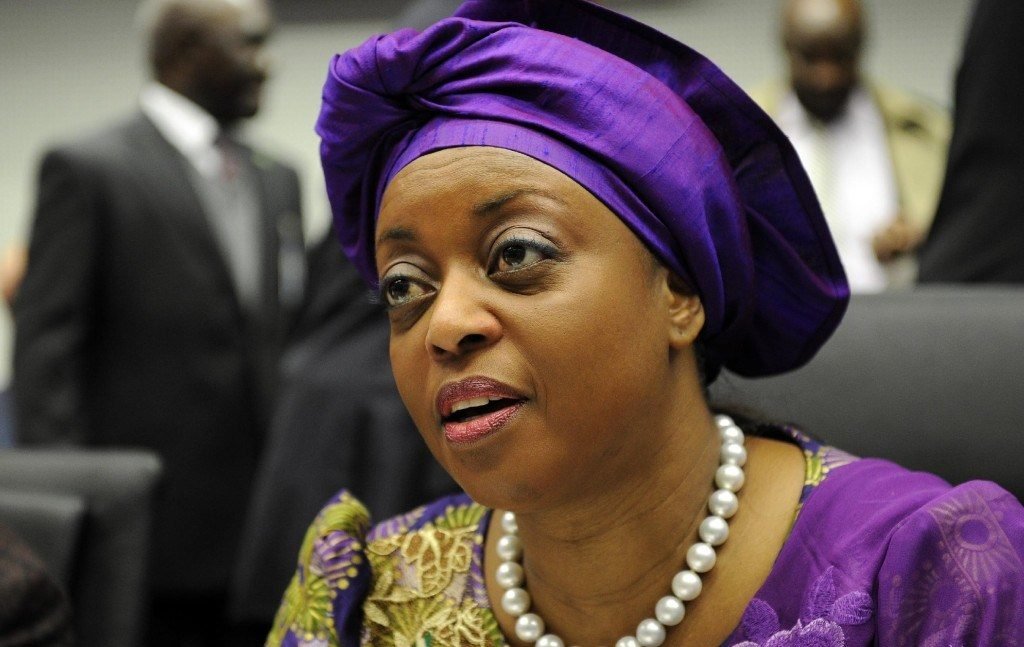The queues for Premium Motor Spirit, also known as fuel, continued on Friday in Abuja, Niger, Nasarawa, Kaduna, and many other states as the Federal Government threatened to revoke the operating licenses of oil marketers implicated in PMS hoarding.
On Friday, huge lines of automobiles were seen at several fuel stations throughout the Federal Capital Territory, with many outlets closing owing to a lack of supply.
Some fuel outlets in the Kado axis of Abuja Municipal Area Council, including AA Rano, were selling petrol at N849 per litre, while others were closed.
Petrol scarcity frustrated motorists who had to wait in line for several hours to purchase the goods.
A commercial driver at an NNPC station, who gave his name as Matthew, expressed his concerns, saying, “I’ve been experiencing a lot of challenges due to the scarcity. It’s been a real headache. When you finally get the money, you’re supposed to spend it with happiness and joy, but instead, you’re spending it with sadness.
“As a taxi driver, I’m struggling to make ends meet. I have to work one day just to get fuel and another day to do my actual job. It’s a constant struggle. We’re facing challenges just to survive, and it’s not giving us any joy. We’re struggling in our own country, and it’s frustrating.
“I implore the government to look into this issue and find a solution. We need a better way forward to bring joy and prosperity back to our lives.”
In response to the enormous lineups across the country, the Federal Government, through the Nigerian Midstream and Downstream Petroleum Regulatory Authority, said that filling stations that hoard petrol and sell to illicit marketers in jerrycans would have their licenses revoked.
Speaking on an inspection tour in Abuja, NMDPRA’s Executive Director of Distribution Systems, Storage, and Retailing Infrastructure, Ogbugo Ukoha, warned filling stations not to exacerbate Nigeria’s fuel supply issue.
In video footage published by the regulator from an inspection at one of TotalEnergies’ filling stations, Ukoha warned the outlet’s managers, “You need to take this warning very seriously.” If you require security reinforcements, contact your management.”
He suggested that retail petrol stations stop supporting the selling of items to black marketers who disperse them in jerrycans.
This, according to Ukoha, raised major safety issues and should be stopped. Also on its X handle, the downstream regulator vowed war on the unlawful sale of petroleum products.
“NMDPRA embarks on a war against the illegal sale of petroleum products, especially PMS in jerrycans. Filling stations are advised to desist from servicing illegal peddlers; failure to do so would result in the suspension of retail licenses,” the agency stated.
Meanwhile, it was reported on Friday that the NNPC was still struggling to import enough petroleum into Nigeria.
It was also discovered that this trend pushed depot owners to sell gasoline to marketers at a greater cost.
Marketers are willing to pay any price for the goods because they know that Nigerians in urgent need of petrol will continue to buy it.
On July 27, NNPC spokesperson Olufemi Soneye stated that the gasoline scarcity in Abuja and Lagos was caused by a problem with a few of the vessels’ discharge operations.
“The NNPC Ltd wishes to state that the tightness in fuel supply and distribution witnessed in some parts of Lagos and the FCT is a result of a hitch in the discharge operations of a couple of vessels,” Soneye had explained.
He claimed that the company was working around the clock with all stakeholders to address the situation and resume normal operations.
Despite Soneye’s pledge made over three weeks ago, the situation has not improved. Also, recall that on July 8, 2024, NNPC stated that the fuel problem was due to inclement weather.
Soneye stated that the fuel bottlenecks were caused by a breakdown in ship-to-ship PMS transfer between mother and daughter vessels due to thunderstorms.
He also stated that the bad weather conditions had an impact on berthing at jetties, vehicle load-outs, and product transfer to filling stations, interrupting supply operations.
He claimed that due to the flammability of petroleum products and in accordance with Nigerian Meteorological Agency standards, it was impossible to transport petrol during rainstorms or lightning.
“Adherence to these regulations is mandatory, as any deviation could pose a severe danger to the trucks, filling stations, and human lives. Similarly, the development was compounded by consequential flooding of truck routes, which has constrained the movement of PMS from the coastal corridors to the Federal Capital, Abuja,” he added, saying loading had commenced at the time.











